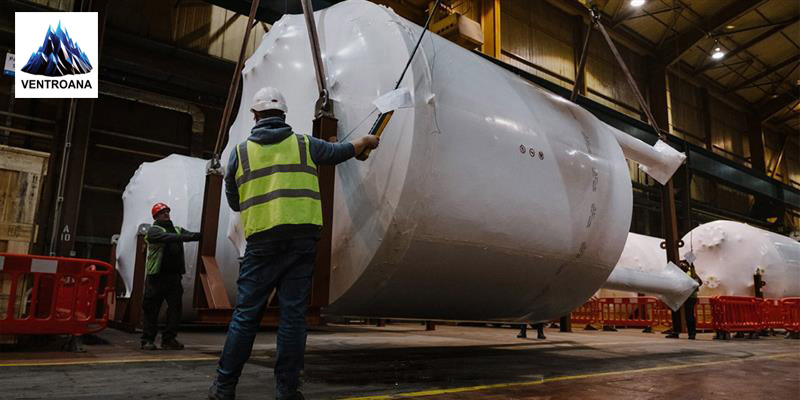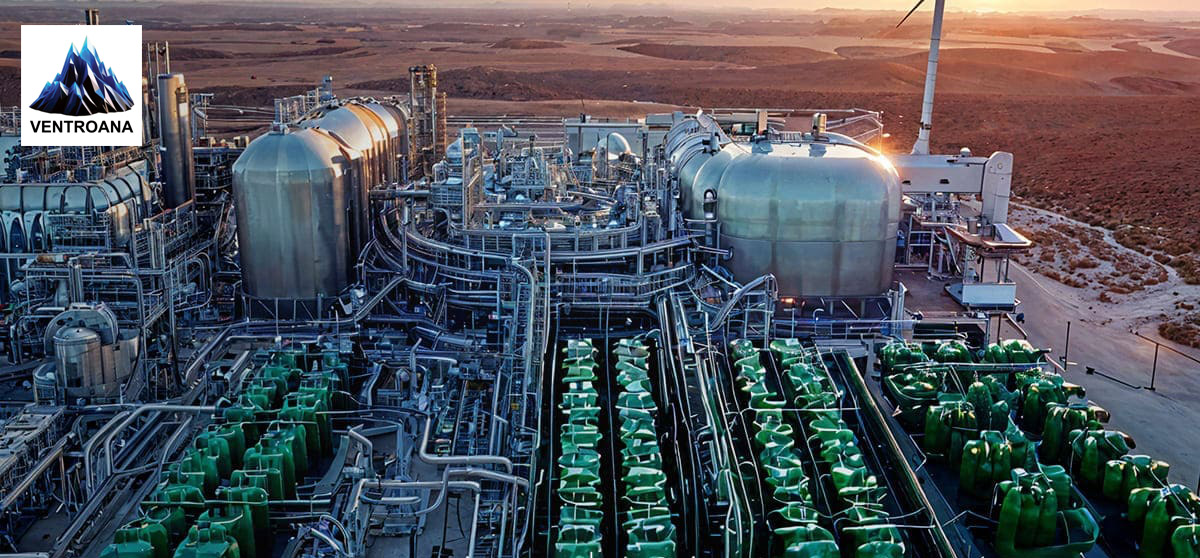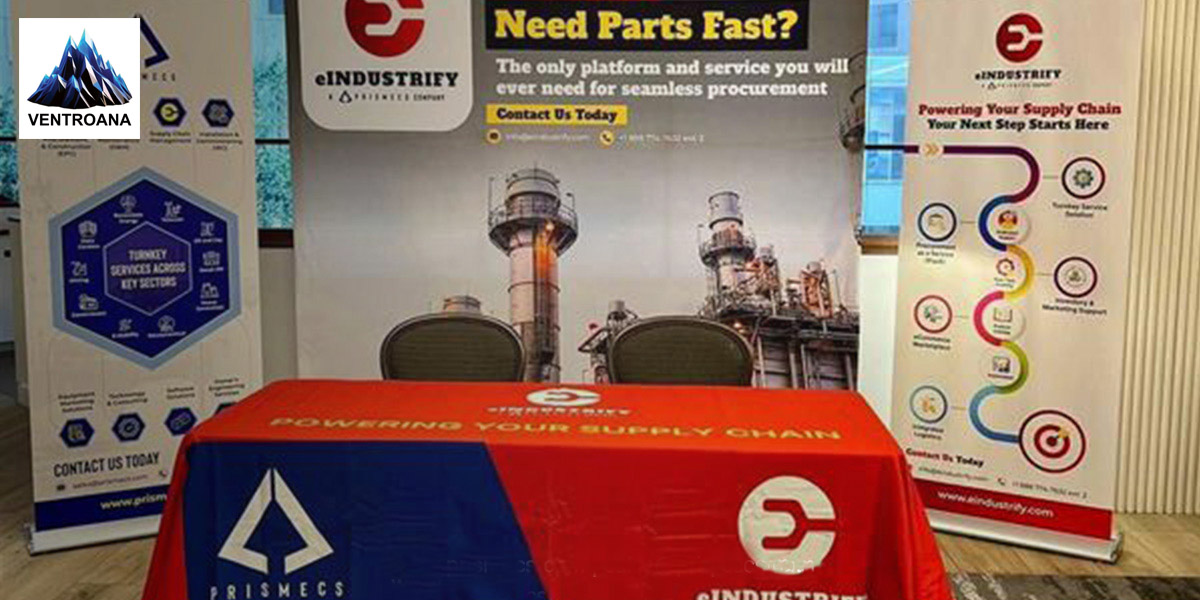EPC Services
December 04, 2024

The engineering, procurement, and construction (EPC) sector is vital to the global infrastructure industry. It plays a key role in modern projects. EPC combines multiple inputs into a single operating unit using a smooth methodology. EPC Engineering integrates design, procurement, and construction to offer a one-stop solution for project owners.
A comprehensive Engineering Procurement and Construction Contract (EPC contract) is the cornerstone of any EPC project. The contract sets the project's boundaries and defines the cost and timeframes. It is a mutual agreement between the EPC contractor and the project owner. It clearly defines the duties and tasks of both parties. It guarantees the alignment of the project's goals. It ensures the deliverables meet the agreed standards.
Certain vital aspects of an EPC contract are mentioned below.
The project scope comprehensively describes all the project's requirements, including engineering specifications, design details, and construction expectations.
The contract explicitly indicates that the project will proceed with a strictly determined price. The EPC contractor bears financial risk. Over-expenditure will increase this risk for the contractor. Therefore, the contract gives the project owner the notion of cost certainty.
EPC contracts often include strict timelines and fines for delays. This approach ensures timely project completion.
Responsibilities and liabilities clauses define each party's obligations and duties. These include warranties, maintenance, and liability for damage or defects. Clear definitions prevent disputes among parties, and these clauses help achieve the project's speedy execution.
EPC contractors act as orchestrators for the project. They aim to deliver the EPC project with optimum quality. Contractors focus on completing the project on time and within the budget.
This compels them to organize engineering, procurement, and construction activities effectively. Contractors manage employees, subcontractors, and suppliers and ensure the efficient and timely implementation of necessary tasks.
Below are some of the responsibilities of an EPC Contractor.
The contractor develops detailed designs and plans, translating the project owner's specifications into actionable blueprints.
The contractor sources and procures all materials, equipment, and services required to complete the project. This step involves vetting suppliers, managing logistics, and ensuring materials arrive as scheduled.
The contractor provides tools, employees, and processes during construction. These align with the project's needs. Successful construction depends on an experienced EPC contractor.
The contractor must understand local industry statutes and have a strong network of suppliers and subcontractors. This ensures smooth and successful project implementation.
EPC engineering contracts are standard in construction projects, often involving complex technical needs and logistical challenges. Let's take a quick look at EPC's usual applications.
EPC contracts run in the power plant projects sector, whether through fossil-fuel-based or renewable energy plants. Building a power plant requires highly specialized equipment and strict adherence to regulatory standards. Meeting precise timelines is essential to avoid financial risks.
Extensive industrial facilities such as manufacturing plants, chemical plants, and refineries often use EPC contracts. It formulates projects that affect the relation to several contractors, safety standards, and system integration.
Water treatment plants, sewage systems, and transmission facilities mainly are subject to EPC contracts. Such projects ensure high reliability and compliance with regulations. This makes the single-responsibility model ideal. It uses this model to achieve success.
The lifecycle of an EPC project consists of several phases, each essential for successful project completion. These stages present the beginning-to-end responsibilities that the EPC contractor administers.
The EPC contractor primarily assesses and confirms the project's feasibility through site surveys, feasibility studies, and risk assessments.
This stage is decisive for corporate decision-making. The project team practices it through technical assessment, analyzing its cost and cash flow structures.
During the design period, the contractor makes comprehensive engineering drawings, specifications, and plans for the construction. This step includes choosing the materials, measuring the equipment needs, and creating a schedule according to the project plan.
The contractor will deal directly with the supply chain to obtain the required materials, equipment, and services. The contractor will focus on meeting the agreed delivery time and payment terms.
The contractor will avoid crossing over to the suppliers. Construction EPC contracts are complex. It would be best if you handled logistics and supplier relations properly. This will help prevent problems in procurement.
The contractor begins construction by mobilizing the labor force. They established worksites and started creating the facilities. The practical job involves loading employees and other skilled workforce.
Read Also: What to Look for in a Reliable EPC Service Provider?
The EPC contractor conducts testing and quality checks after completing construction to ensure the project meets specified requirements. Once commissioning is complete, the contractor hands over a fully operational facility to the project owner once commissioning is complete. The project owner is not liable for any performance issues.
The EPC (Engineering Procurement and Construction) Market will increase from USD 156.69 billion in 2024 to USD 240.0 billion by 2032, growing at a CAGR of 5.48% from 2024 to 2032.
EPC contracts offer many advantages to project owners across various industries. They provide benefits that make them an appealing choice. The next are the benefits that are the most important:
With an EPC contract, the project owner only needs to manage one contractor instead of multiple entities. This streamlines communication simplifies project management and reduces the risk of miscommunication.
Usually, EPC contracts are designed as fixed-price contracts, which means the contractor is responsible for cost overruns. This gives project owners a proper budget and cost certainty, which are the core of planning and financing.
EPC contractors aim to stay on schedule. Authorities can penalize them for delays. This results in a penalty. The time constraints in EPC contracts usually keep projects on track so that project owners can be confident in operations.
EPC contractors must ensure that they meet the contract quality standards in the contract. They apply a quality assurance procedure during the engineering, procurement, and construction (EPC) stages. This process ensures the most favorable lifecycle product from producers at several levels.
Project owners can limit the EPC's responsibility and transfer the risks associated with the project to the EPC contractor.
This minimizes their exposure to financial, operational, and legal risks. This project organization benefits complex construction projects. Dealing with various contractors can expose more risks.
EPC contractors simplify project lifecycle management by completing all phases, from the initial design to the final handover. This inclusive method guarantees that all project components align with the project owner's overall strategy and specifications.
EPC Engineering is a game-changing model in the construction and infrastructure industries. It is beneficial for large and technically complex projects. Project owners streamline project management by using an Engineering Procurement and Construction Contract.
This approach reduces risks and provides cost and schedule certainty. An EPC contractor's expertise is crucial for managing multiple contractors. Their role in delivering a start-to-finish solution ensures successful project outcomes.
It offers a reliable solution for constructing power plants, industrial facilities, or critical infrastructure. It is efficient and scalable for project owners worldwide.
Choosing Ventro Analytics ensures unparalleled benefits. It guarantees the success of your large-scale projects. With our demonstrated expertise in engineering design, procurement efficiency, and superior construction capabilities, we stand out as a leader in the EPC industry.
Our track record makes us the ideal choice for your operational needs. Choose Ventro Analytics as your partner for oil and gas projects and more. We are experts in EPC services and are known for our excellence and reliability. To avail of our services, or email us at sales@ventroana.com.
Tags: EPC EPC Engineering EPC Contractor Engineering Procurement and Construction Contract Power Plants EPC Contracts Procurement and Construction EPC Type of Construction Construction Phase Types of Construction EPC Contractor EPC Contracts Construction Projects Engineering Procurement and Construction Contracting

Successful Implementation of Green Hydrogen in Power Plants
Discover how green hydrogen revolutionizes power plants with sustainable energy solutions, reducing ...

Driving Innovation and Resilience: Insights from the 10th Annual Energy Supply C...
Gain insights on driving innovation and resilience at the 10th Energy Supply Chain & Procurement Sum...

Understanding EPC Engineering: Key Concepts Explained
Discover the essentials of EPC Engineering, covering contracts, project phases, and roles of EPC con...